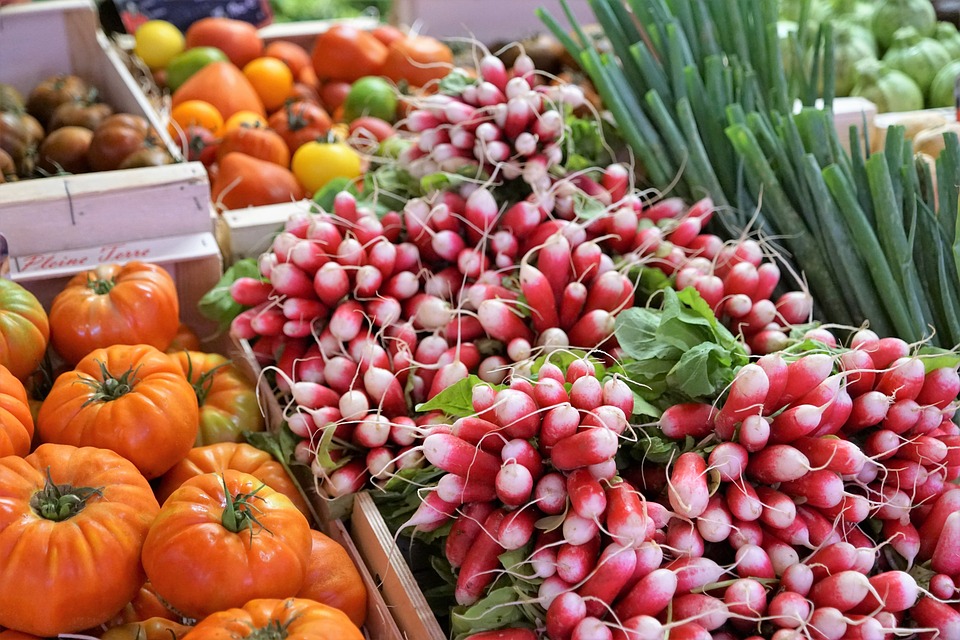Introduction
Gardening is more than just a hobby or a way to grow fresh produce. It has been scientifically proven that gardening has a profound impact on both mental and physical health. Edible gardens, in particular, offer a unique opportunity to not only nurture plants but also nourish ourselves.
Physical Health Benefits
Engaging in gardening activities promotes physical activity and can help improve cardiovascular health, strength, and endurance. Depending on the tasks involved, it can be as effective as other forms of moderate physical exercise. Digging, planting, pruning, and harvesting require movement and can contribute to increased calorie burn.
Furthermore, having an edible garden provides a convenient and affordable source of fresh, nutrient-rich fruits, vegetables, and herbs. By growing their own food, individuals have greater control over the quality and safety of what they consume. Additionally, gardening exposes us to beneficial bacteria in the soil, which can enhance our immune system and overall well-being.
Mental Health Benefits
Gardening has been shown to reduce stress, anxiety, and depression. Spending time outdoors surrounded by nature can have a calming effect on the mind. The repetitive tasks involved in gardening, such as weeding or watering, can promote mindfulness and help individuals focus on the present moment.
Furthermore, the act of nurturing and watching plants grow can provide a sense of purpose and accomplishment. Tending to an edible garden allows individuals to connect with the cycles of life and gain a sense of fulfillment from seeing the fruits of their labor. This can greatly boost self-esteem and provide a valuable outlet for self-expression.
Social Connection and Community
Gardening creates opportunities for social interaction and community engagement. Community gardens or shared spaces allow individuals to come together, share knowledge, and collaborate. Working alongside others in a garden setting promotes a sense of belonging, stimulates conversation, and fosters friendships.
Moreover, edible gardens can provide a platform for sharing surplus produce with neighbors, friends, or local community organizations. This not only strengthens community bonds but also contributes to reducing food waste and promoting sustainable practices.
FAQs Section
Q: Do I need a large outdoor space to have an edible garden?
A: No, you don’t necessarily need a large outdoor space to start an edible garden. Many vegetables, herbs, and fruits can be grown in containers or small raised beds even in limited spaces like balconies or windowsills.
Q: How much time do I need to invest in maintaining an edible garden?
A: The time commitment varies depending on the size and complexity of your garden. Initially, there will be some effort required to set up the garden and establish the plants. However, once your garden is established, maintaining it can be incorporated into your regular routine, usually requiring a few hours per week.
Q: What if I don’t have prior gardening experience?
A: Gardening is a learning experience, and it’s never too late to start. There are ample resources available, including online tutorials, community classes, and gardening books, to guide beginners. Starting small and gradually expanding your garden can help you gain confidence and expertise.
Q: Can gardening really have a significant impact on mental health?
A: Yes, numerous studies have highlighted the positive effects of gardening on mental health. The combination of physical activity, exposure to nature, and the sense of achievement from growing plants contributes to improved overall well-being and can help alleviate symptoms of stress, anxiety, and depression.
Q: Are there any safety considerations for edible gardens?
A: When gardening, it is important to follow safe practices such as wearing gardening gloves, using proper tools, and being aware of potential hazards. Additionally, it is crucial to choose pesticide-free and organic methods to ensure the safety of the food you grow.




